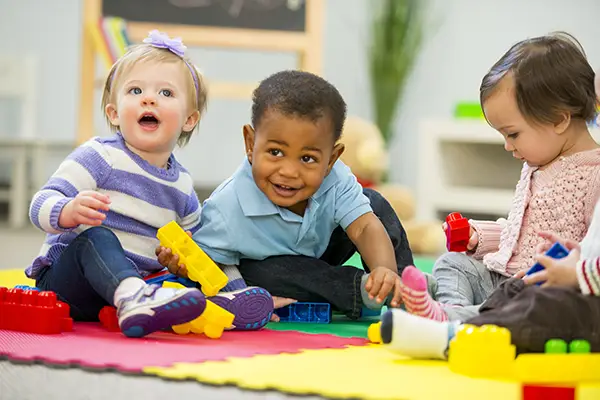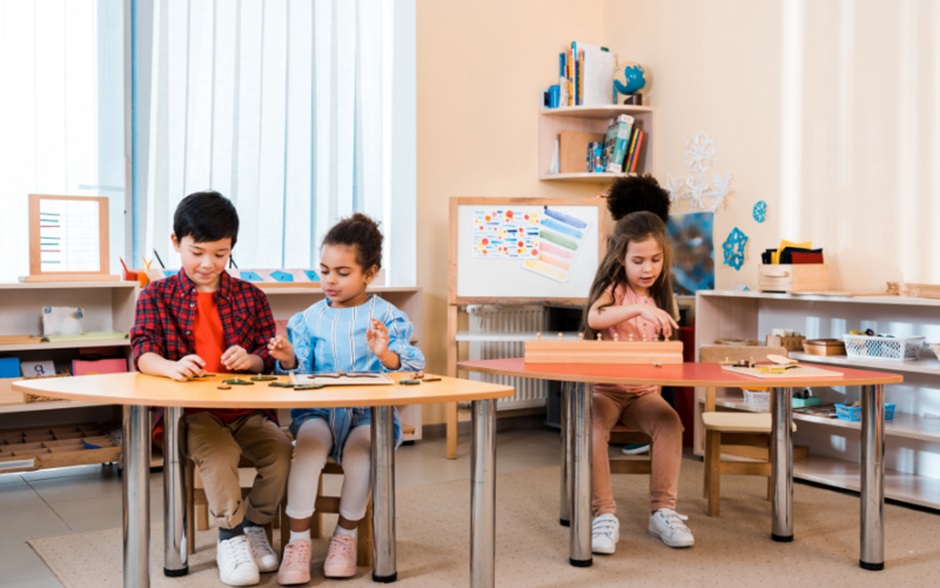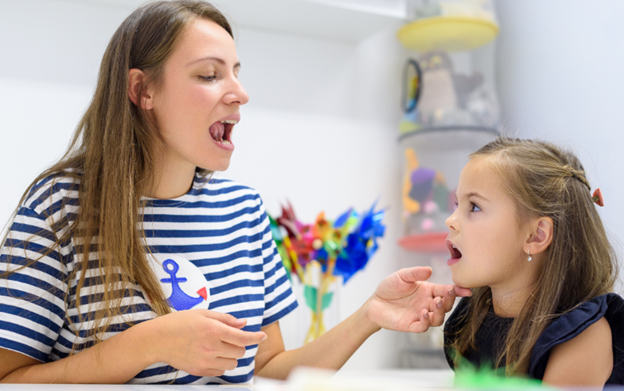The Montessori approach, recognised for its child-centric method of education, has become increasingly popular in Singapore. However, many parents are still unaware of how this educational approach operates.
With that, discover insights regarding Montessori playgroups, preschools, and kindergartens in Singapore, empowering parents to make well-informed choices regarding their child’s early education.
The Montessori Philosophy
The Montessori method, developed by Dr. Maria Montessori, emphasises self-directed activity, hands-on learning, and collaborative play. In Montessori classrooms, children make creative choices in their education, while the classroom and highly trained teachers offer age-appropriate activities to guide the process.
Montessori Playgroups in Singapore
Definition and Purpose
Montessori playgroups in Singapore cater to children aged 18 months to three years. These groups focus on fostering independence, social skills, and a love for learning through play.
Key Features
- Prepared Environment: Classrooms are designed to facilitate independent exploration and learning.
- Practical Life Skills: Activities including pouring, buttoning, and sweeping help children develop fine motor skills and independence.
- Sensorial Activities: These activities enhance sensory perceptions and cognitive skills through hands-on learning.
Benefits of Montessori Playgroups
- Development of Independence: Children learn to perform tasks independently, boosting their confidence.
- Enhanced Social Skills: Interaction with peers in a structured environment improves communication and cooperation.
- Early Learning Foundation: Playgroups lay the groundwork for more structured learning in preschools and kindergartens.
ALSO READ: Sensory Play: What Is It And Why Is It Important For Your Child?
Montessori Preschools in Singapore

Overview
Montessori preschools in Singapore cater to children aged three to six years. They focus on academic skills, social development, and emotional growth, following a curriculum that encourages self-paced learning.
Key Features
- Mixed-Age Classrooms: Older children mentor younger ones, fostering a community-like environment.
- Individual Learning Plans: Each child progresses at their own pace, ensuring they fully grasp concepts before moving on.
- Montessori Materials: Specially designed learning materials aid in teaching concepts in a concrete manner before transitioning to abstract thinking.
Choosing a Montessori Preschool in Singapore
- Reputation and Accreditation: Look for schools accredited by recognised Montessori organisations.
- Teacher Qualifications: Ensure teachers are certified in Montessori education.
- Environment and Facilities: Visit the school to assess the learning environment and facilities.
Montessori Kindergartens in Singapore
Overview
Montessori kindergartens in Singapore build on the foundation set in preschools, catering to children aged five to six years. The focus is on preparing children for formal schooling while still adhering to Montessori principles.
Key Features
- Integrated Curriculum: Subjects such as maths, language, science, and geography are taught through interconnected activities.
- Emphasis on Practical Life Skills: Activities continue to focus on developing practical life skills, enhancing fine and gross motor skills.
- Social Responsibility: Children engage in activities that promote social responsibility and community awareness.
Benefits of Montessori Kindergartens
- Holistic Development: The Montessori approach ensures balanced intellectual, physical, and social skill development.
- Preparation for Formal Education: Children transition smoothly to primary schools due to the strong foundation built in Montessori kindergartens.
- Confidence and Self-Esteem: The method’s emphasis on self-directed learning boosts children’s confidence and self-esteem.
Private Preschools vs. Montessori Preschools in Singapore
Comparison of Approaches
While private preschools in Singapore offer various educational philosophies, Montessori preschools follow a specific, child-centric method.
Key Differences
- Teaching Methods: Montessori preschools use hands-on learning and self-paced progression, while private preschools might follow more traditional, teacher-led approaches.
- Classroom Environment: Montessori classrooms are designed to foster independence and exploration, unlike the more structured environments in many private preschools.
- Curriculum Flexibility: Montessori schools offer flexible curriculum tailored to each child’s needs, whereas private preschools might follow a more standardised curriculum.
Making the Choice
- Educational Philosophy: Consider which educational philosophy aligns best with your child’s learning style and your family’s values.
- Child’s Needs: Evaluate whether a self-paced, independent learning environment or a structured, teacher-led approach would better suit your child.
- Long-Term Goals: Think about the skills and values you want your child to develop and how each type of school supports those goals.
Conclusion
Parents in Singapore must grasp the Montessori method and how it is applied in playgroups, preschools, and kindergartens. By examining Montessori education’s main characteristics and advantages, parents can make well-informed choices that promote their child’s overall growth and readiness for future academic achievements.
Visit Brighton Montessori to watch your child thrive in a nurturing, hands-on learning environment.





